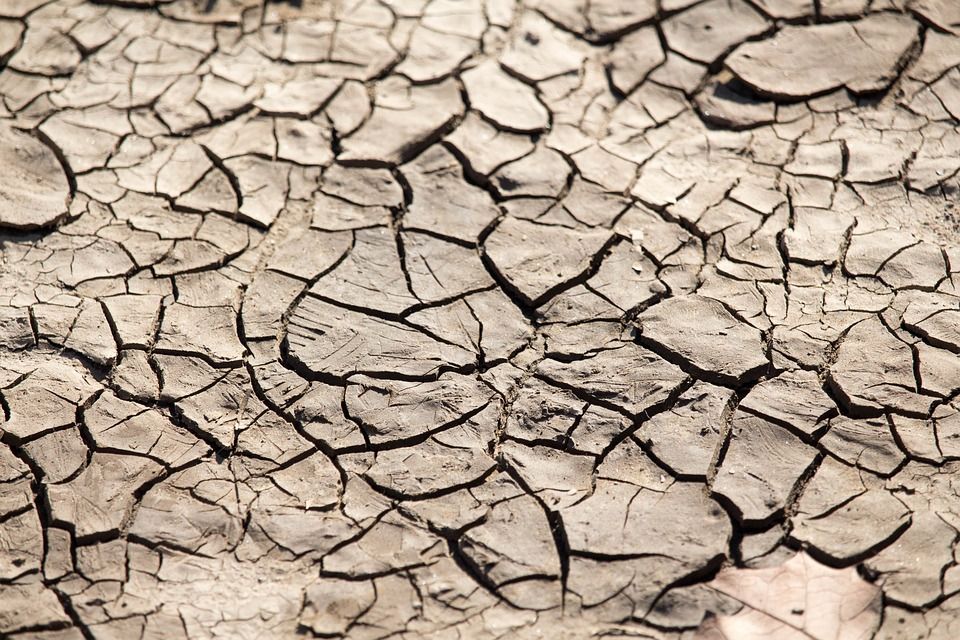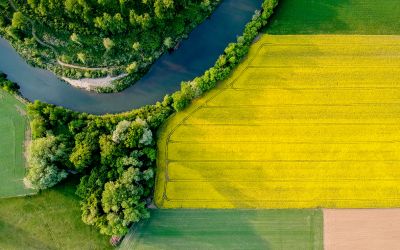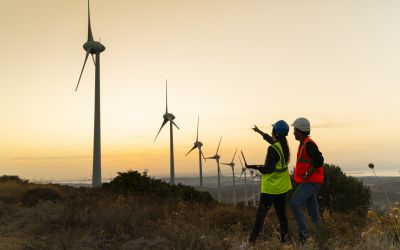Climate change contributing to significant threat of water shortages in the UK
Sir James Bevan has warned that the UK is at the ‘jaws of death’ when it comes to future water shortages.

Sir James Bevan has warned that the UK is at the ‘jaws of death’ when it comes to future water shortages.
On World Water Day (22nd March), environmentalists from the UK are worried about the looming water shortages that the UK may face over the next 25 years.
Sir James Bevan, Chief Executive Officer at the Environment Agency, has warned of the effects of water shortages.
Speaking at the Waterwise conference on Tuesday, Sir James said: “By 2040, we expect more than half of our summers to exceed 2003 temperatures. That will mean more water shortages: by 2050, the amount of water available could be reduced by 10-15%, with some rivers seeing 50%-80% less water during the summer months. It will mean higher drought risk, caused by the hotter drier summers and less predictable rainfall.”
To ensure this doesn’t happen, Sir James spoke of the urgent action required. He suggested reducing demand by implementing sustainable drainage systems and insisting on new building regulations to drive greater water efficiency.
To increase supply he also recommended building more desalination plants and building new reservoirs.
GODAN, an initiative that supports the proactive sharing of open data to make information about agriculture and nutrition available to deal with the urgent issue of food security, has highlighted the importance of a ‘collective’ change in attitude to tackle the crisis of water shortages.
Speaking on the Topic of World Water Day, CEO of GODAN said: “This warning issued by Sir James Bevan, chief executive of the Environment Agency, is proving more strident than previous warnings to raise awareness surrounding the increasing severity of climate change and its impact on water shortages. Failure to address water issues will have detrimental consequences and it should no longer be possible to disregard any association with water shortages. Water is fundamental to living sustainably, key to infrastructural developments across the nation amongst critical to wildlife conservation.”






